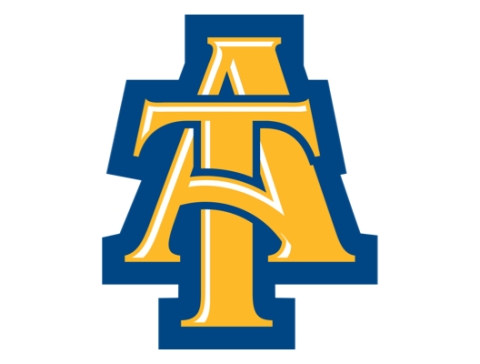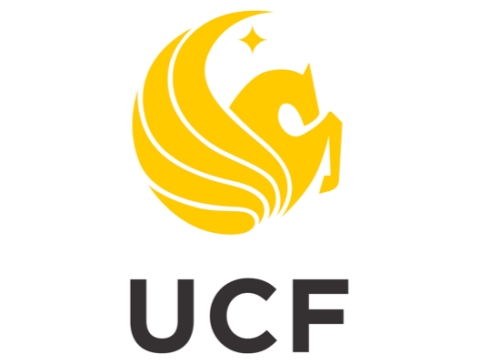Over the past year, UIA campuses have been working together on our Black student success initiative, a collaborative, exploratory effort to assess and reimagine how we support Black students. In addition to bringing fresh eyes to our policies and practices, we've had to wrestle with what collaborative identity-conscious redesign work should look like. Each step along the way (unpacking data, learning from best practices, conducting landscape analysis, and developing a comprehensive strategy to improve the experiences of Black students, faculty, staff and administrators) has given us the chance to test a process we can adapt and use to center the experience of students from other identities for whom our systems weren't appropriately designed.
There has been so much I have learned personally from this experience, with two lessons standing out about obstacles to change and transformation.
First, meaningfully integrating qualitative and quantitative data to support strategic and robust planning is more difficult than anticipated. I was caught off guard by my internal bias toward quantitative data. Qualitative data somehow felt more complicated, less clear, and required weighting and value judgments at times. Quantitative data felt clear, urgent, and easier to use in improvement work. Yet, this work showed me how our reliance on quantitative data presumes that we know the right questions to ask our students (and that the "right" students will respond), which can leave us vulnerable as a sector. This effort has shown that we cannot fully understand the student experience through numbers — and those numbers may even hide what we really need to know.
Second, I realized that a bias toward taking quick action when we see a problem can impede our ability to address systemic challenges. We spent nine months integrating our data, reflecting together on what those data showed about the experiences of Black students, and identifying challenges we needed to address. I was surprised at how difficult it was to remain focused on listening and gathering rather than jumping to an intervention or solution. Rather than taking the time to build a comprehensive strategy, I often see campuses leap into action when a problem emerges. While I appreciate the sense of urgency to solve problems for students, taking such quick action can involve making assumptions that we fully understand the problem and that we have the right solution. More than that, quick action can create a sense of satisfaction and the appearance of having solved a problem, at the expense of ensuring we have done the work necessary for systemic change. I’m not suggesting we avoid taking action, rather that we find the balance between the speed and quality of our design when wrestling with a systemic challenge.
I will continue to wrestle with and learn from these insights, especially as I have now seen the fruit of sitting with this discomfort over the past few months. The strategies and plans coming forward from our campuses are ambitious, comprehensive, and impressive. I’m grateful for these lessons as we begin this next phase of work together.
July 29, 2021
 Learn With Us
Learn With Us
- 9 Summer Beach Reads for Higher Education Leaders
- Collaboration and the Empowered University
Freeman Hrabowski, University of Maryland, Baltimore County - The Power of Alliances
Harold L. Martin, Sr., North Carolina A&T State University Chancellor
Want more? Check out all of our weekly blog posts and podcast episodes.
 Must-Reads
Must-Reads
We know your time is limited. That's why each issue, we'll choose THE BEST things we watched, listened to, or read.
- How to Make One-on-Ones Valuable(Coaching for Leaders podcast)
- Managing Academic Disappointment (HigherEd Jobs)
- The Colleges That Prospered During the Pandemic(The Chronicle of Higher Education)
 Events to Put on Your Radar
Events to Put on Your Radar
Weekly Wisdom streams live on our Twitter, Facebook, LinkedIn, and YouTube channels. |
Scholarship to Practice streams live on our Twitter, Facebook, LinkedIn, and YouTube channels. |
|
Other Notable Events
|
 Stuff we LOVE
Stuff we LOVE
- Coaching for Leaders Podcast
One new favorite podcast is "Coaching for Leaders." Each episode provides a well-researched and in-depth conversation with an author or expert on a relevant leadership topic. This is an exceptional (and free!) professional development resource, and I value how the host centers the expert and topic in every conversation. Whether it’s about creating more effective one-on-ones, leading remote teams, improving organizational culture, difficult conversations, or running virtual events, the 500+ episodes of Coaching for Leaders are a fantastic resource. - Otter.ai
If you aren’t already using Otter and need to find a way to capture and transcribe meeting minutes, we highly recommend it (it even has a natural interface with Zoom). It’s been a valuable tool for writing, meetings, and speeches. I typically will turn it on in my Airpods, go for a walk, and verbally process my thoughts. Then, Otter will send me an editable transcript and separate audio recording. - Jamboard
Our team has been using Jamboard in our virtual brainstorm meetings for over two years and find it to be an easy and effective way to brainstorm, whiteboard, or even do process mapping. We frequently add a Jamboard to a Zoom call to make our meetings more action-oriented.
 A Final Note
A Final Note
Thank you for reading. We’d like to leave you with this quote by University of California, Riverside Chancellor, Kim A. Wilcox from his recent Weekly Wisdom episode when he was asked about the best advice he's ever received. He shared the following advice that he received from his wife.
"Take a vacation, if for nothing more than the fact that other people watch you, and if you don't take a vacation they might think they don’t deserve one either."
- Kim A. Wilcox



